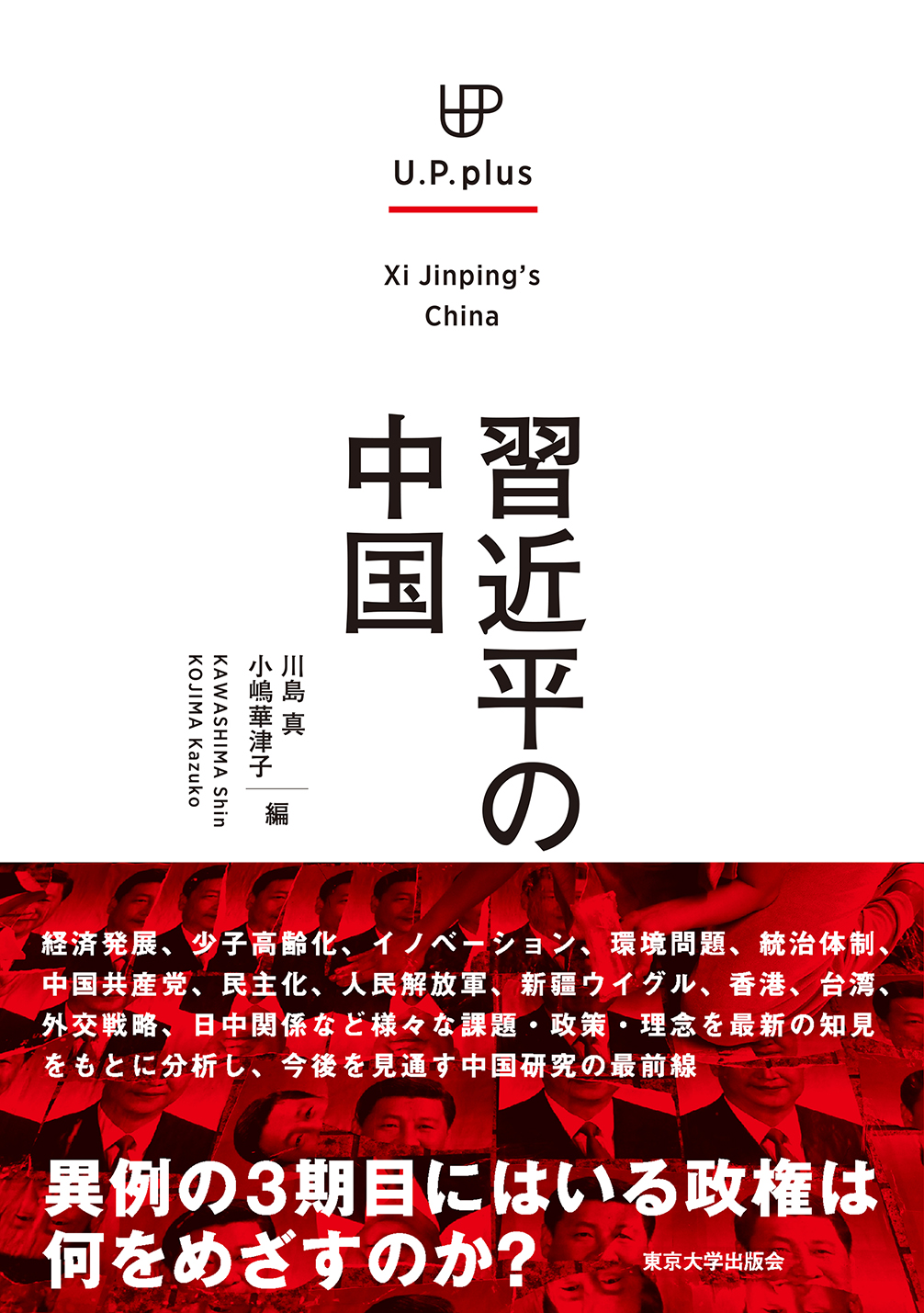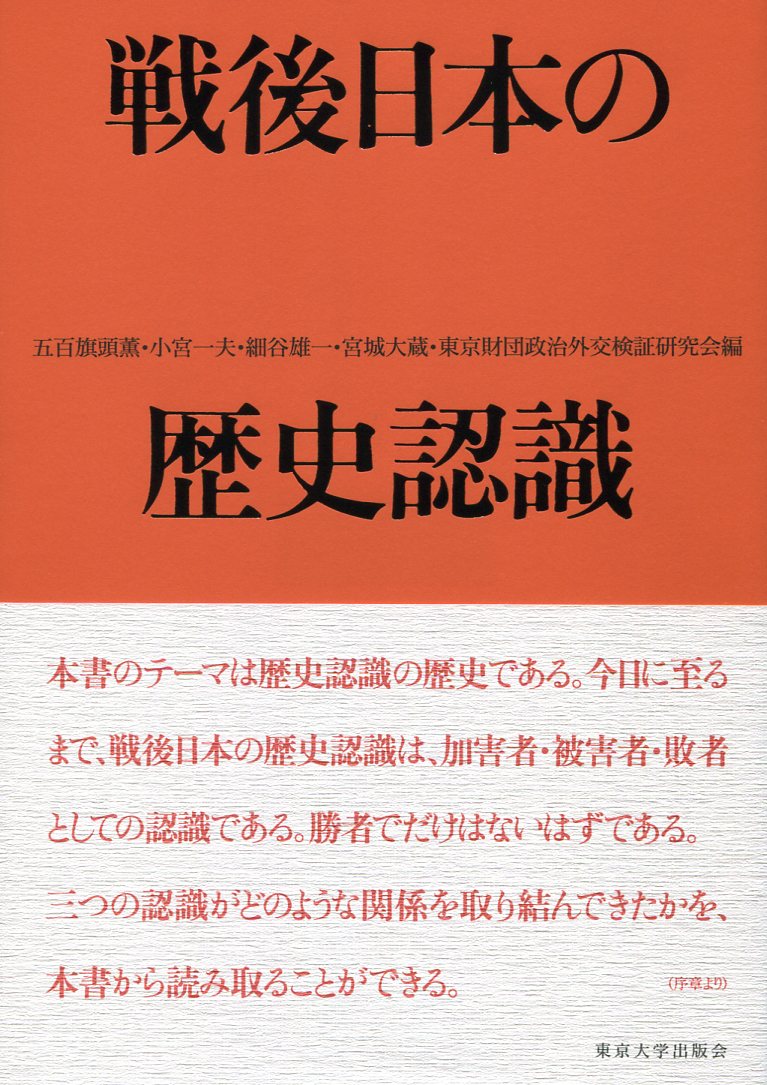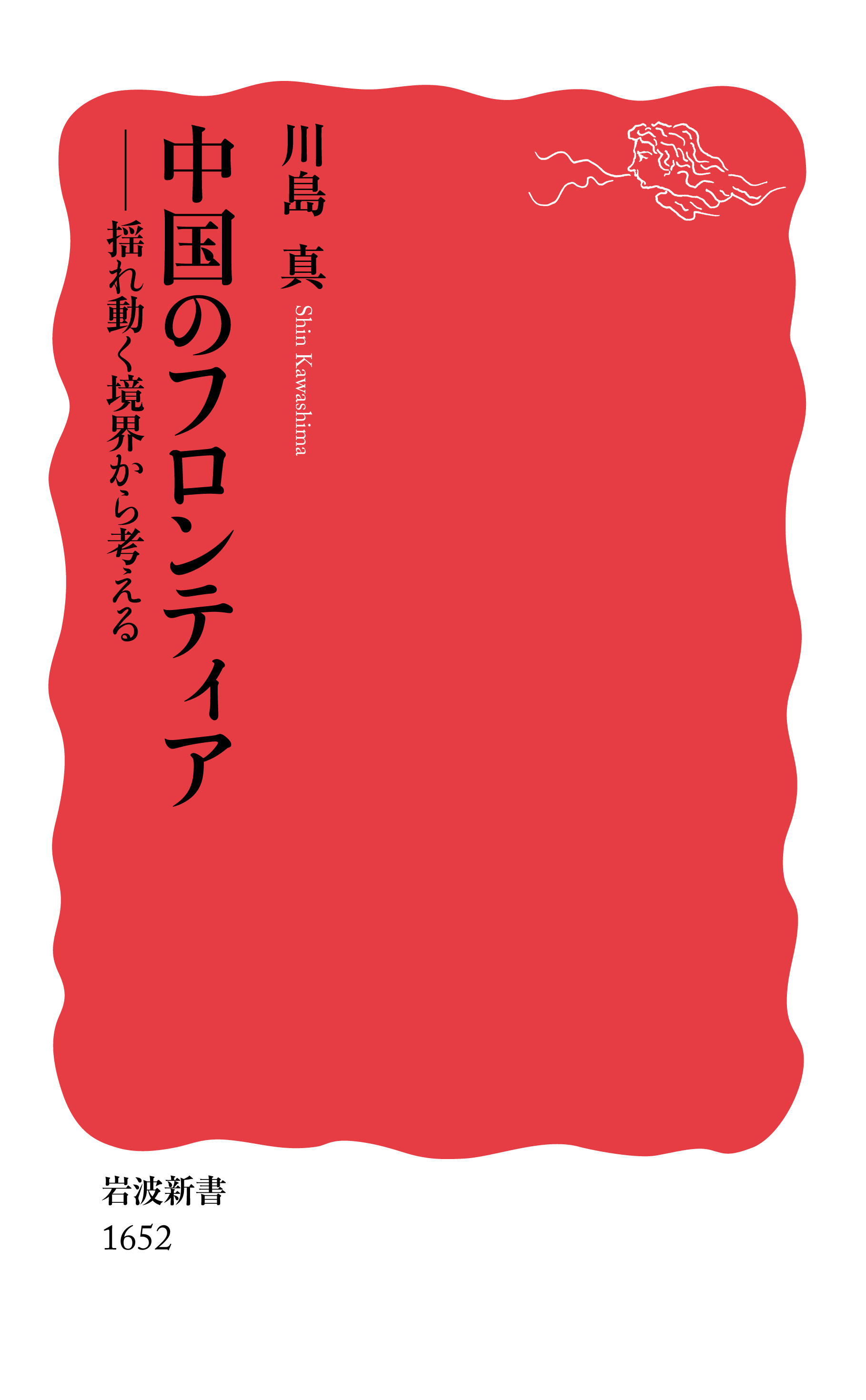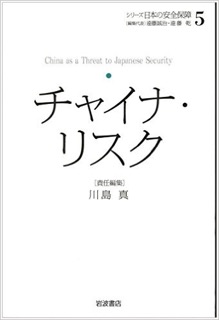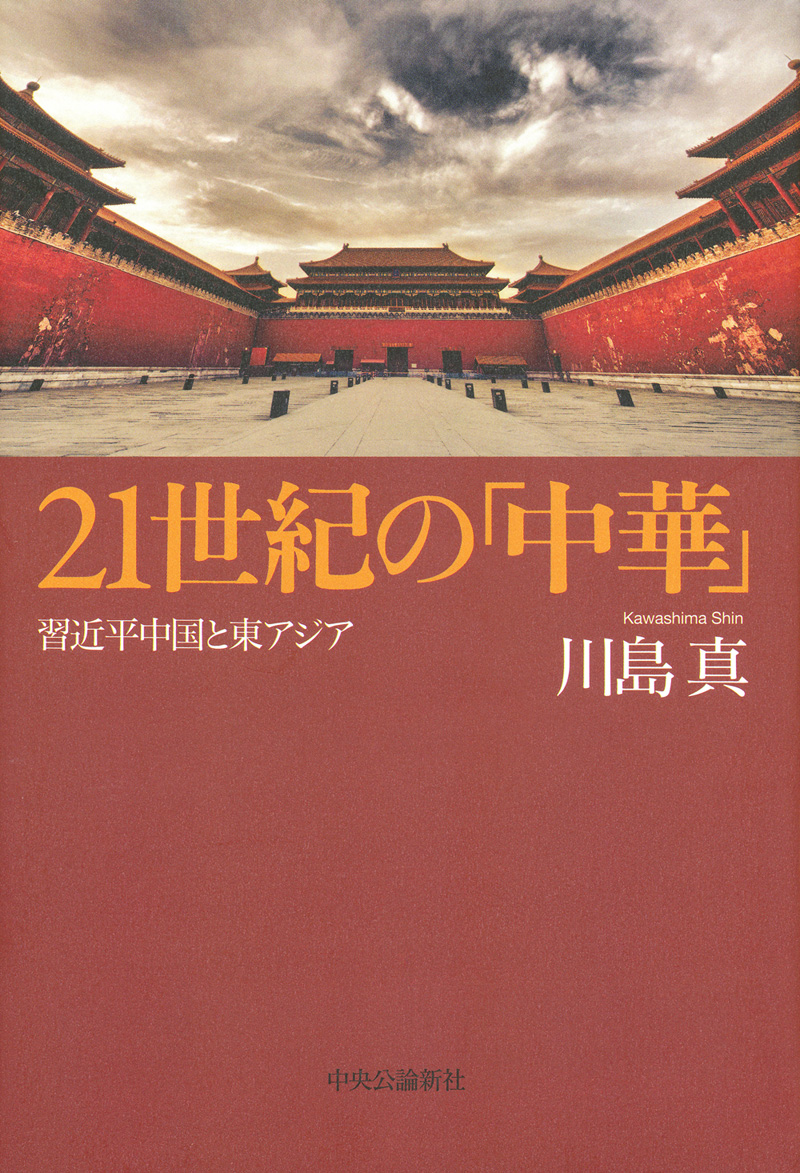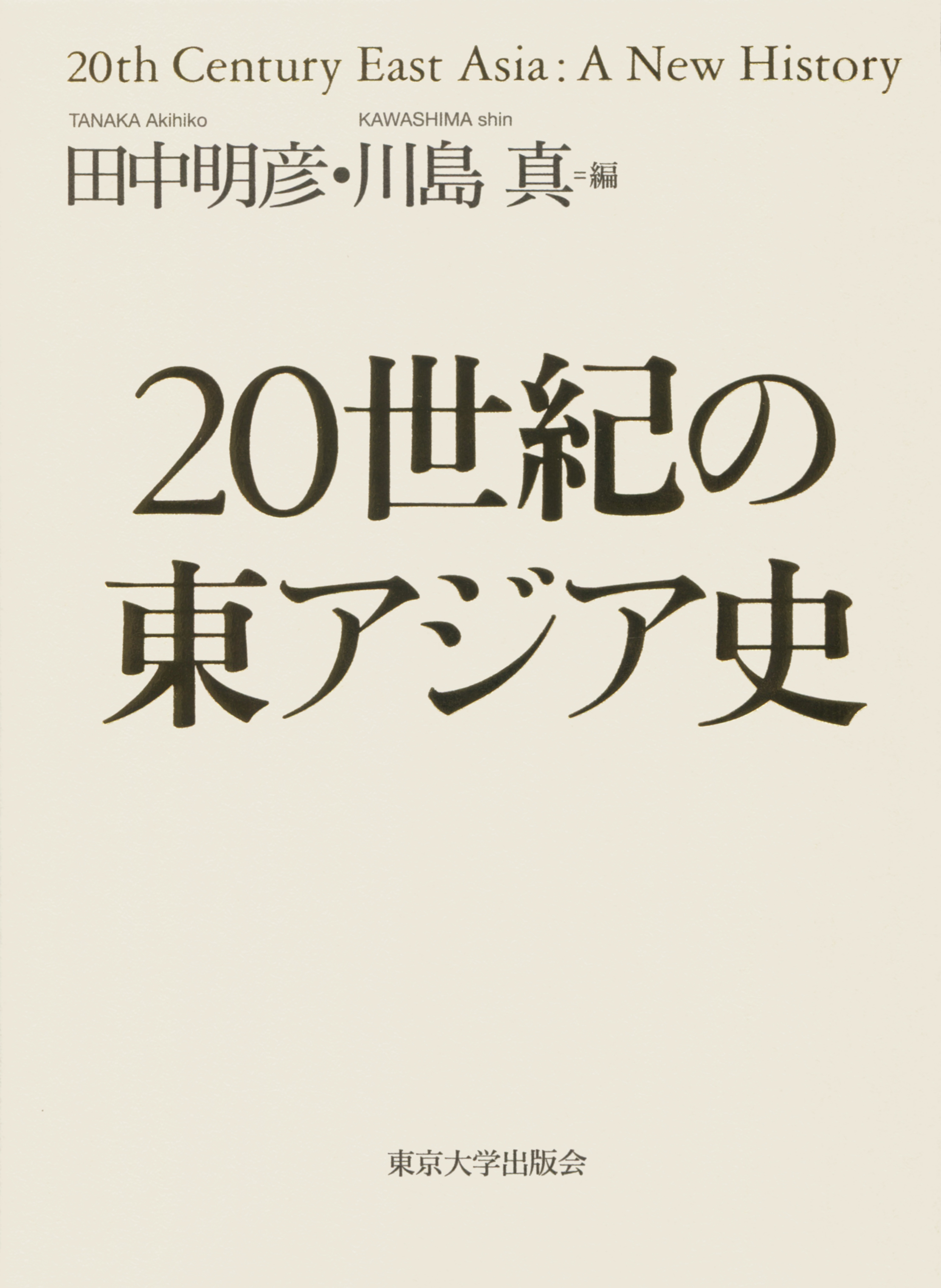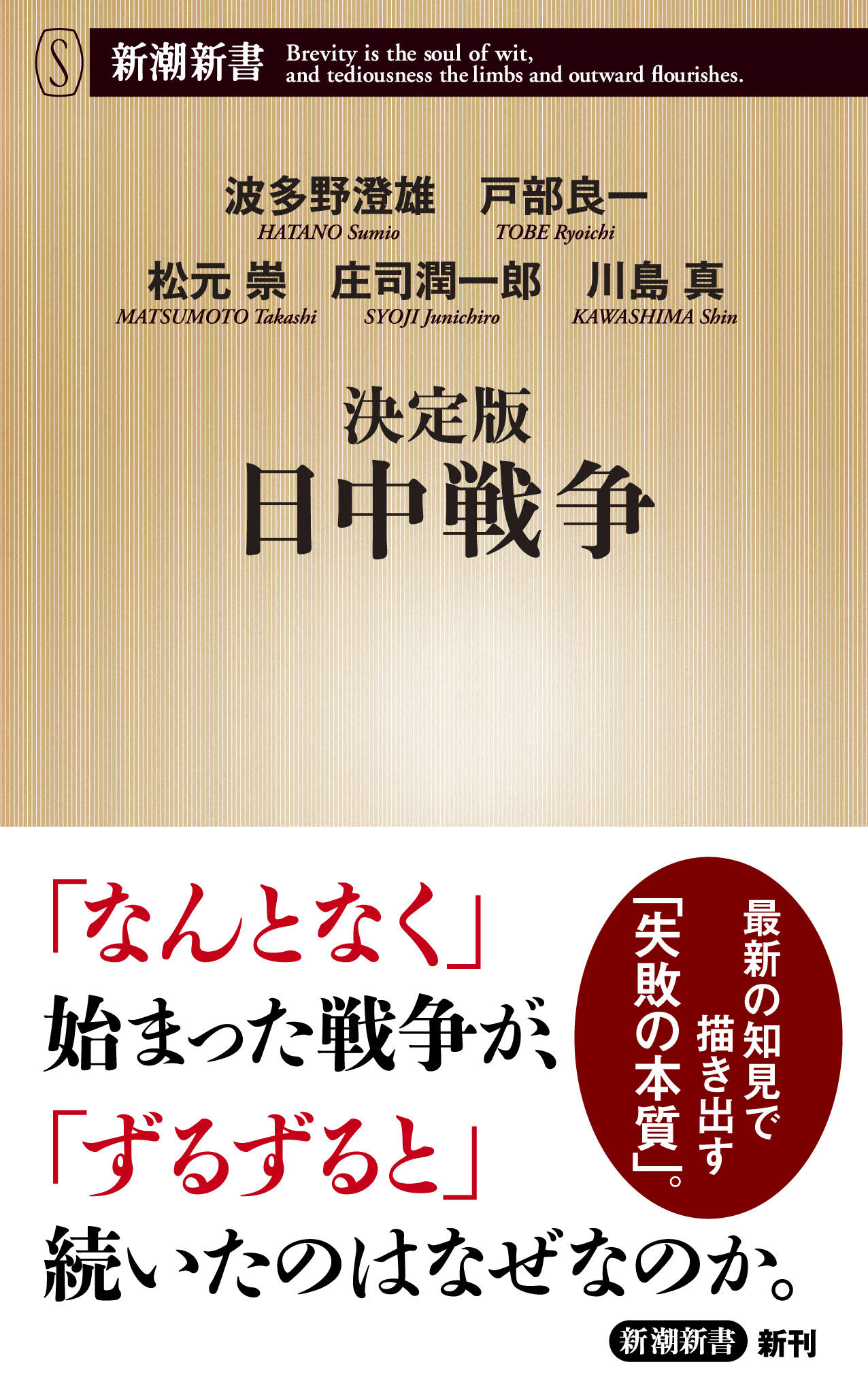
Title
Ketteiban Nicchūsensō (Definitive Edition: The Sino-Japanese War)
Size
287 pages
Language
Japanese
Released
November 16, 2018
ISBN
978-4-10-610788-7
Published by
Shinchosha
Book Info
See Book Availability at Library
Japanese Page
This book is a compilation of the findings of a joint research project carried out by Hatano Sumio, Tobe Ryōichi, and Shōji Junichirō, former members of the Japan-China Joint History Research Committee (created by the governments of Japan and China and active 2006 to 2010), and Matsumoto Takashi, an authority on the financial history of Japan. Research on the history of the Sino-Japanese War has made considerable progress in the decade of the 2010s. Not only has the study of Japanese history in general become more refined, advances in the study of Chinese history have provided new historical material such as the diaries of Chiang Kai-shek. There has also been a growing trend to position the Sino-Japanese War within a global context that also incorporates Western history research. At the same time, the research has become more multidimensional, encompassing not just political diplomacy and military history but also propaganda, psychology, finance, economics, funds transfers, and student and cultural exchanges. In undertaking this joint research, we sought comprehensive discussion of these topics, to the extent possible. As we concluded our deliberations the idea came up that we should compile them in a book. In February 2018, a seminar was held at the Japan Institute of International Affairs on the history of the Sino-Japanese War in which the contributors to this book served as the presenters and Professor Iwatani Nobu of Hokkaido University was the moderator. This seminar became the foundation for this book.
This book is characterized by three features. First, it presents an empirical portrayal of the political and military processes leading up to the Sino-Japanese War. At a time when there is much debate about perceptions of history, empirical research based on historical materials is highly persuasive, as is evident in the chapters on this topic written by Hatano and Tobe. Second, the perspective of financial history is included. War and finances are extremely important topics and yet have not always been as thoroughly examined as they should be. Matsumoto Takashi has applied his extensive experience in the former Ministry of the Treasury and the current Ministry of Finance to provide a perspective that has not been taken up in academia up to now. Third, the Sino-Japanese War is examined within an international context. The chapter written by Shōji presents a broad international perspective including that of Germany. The chapters written by Kawashima that cover China’s perspective on the war should also be included here.
Notable is that Kawashima also touches on content related to the puppet regimes installed in China by the Japanese. While the Sino-Japanese War is always referred to as a “war,” there was never any formal declaration of war by Japan though the Kuomintang-led government in Chongqing did declare war on December 9, 1941. This was because Japan only recognized the puppet government in Nanjing headed by Wang Jingwei. Why was this puppet government, as well as the puppet Manchukuo state, needed by the Japanese and what did these governments do? These are important questions that need to be debated.
The “Definitive Edition” in the title of this book was decided by the editors, not the contributing authors. A new book like this is unlikely to be “definitive.” In fact, it is questionable whether there can ever be a “definitive” review of history. Still, we would be pleased if this book becomes known to a wide readership and serves to shed light on the nature of the Sino-Japanese War and the extent to which it has been studied thus far.
At a time when perceptions of history have become a major topic of concern, people active in the international arena need to be able to explain the history of the country or region in which they were raised. They must, at the same time, recognize that other people may have different perspectives on the same history, and be capable of objectively debating those differences. It is our fervent hope that this book will prove useful in this respect in society and in the field of education.
(Written by KAWASHIMA Shin, Professor, Graduate School of Arts and Sciences / 2019)



 Find a book
Find a book


